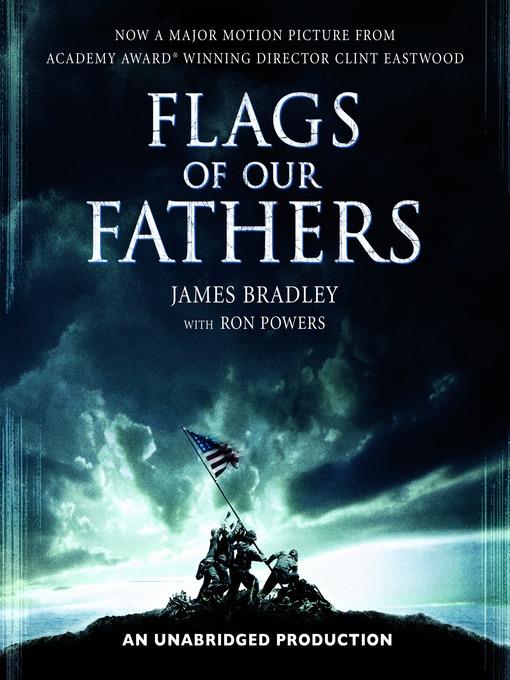
Flags of Our Fathers
فرمت کتاب
audiobook
تاریخ انتشار
2006
Lexile Score
950
Reading Level
5-6
نویسنده
Stephen Hoyeشابک
9781415928356
کتاب های مرتبط
- اطلاعات
- نقد و بررسی
- دیدگاه کاربران
نقد و بررسی

John Bradley considered himself a family man and a businessman, but as one of the men who raised the flag on Iwo Jima, as captured in the famous photograph, he was considered a hero. After his death, his son, James, decided to look into the lives of his father, the other men in the photo, and the Marines who served with them in the Pacific battle. Stephen Hoye reads convincingly with the voice of a loving son while bringing the rest of the story alive with dramatic urgency. Listeners may find his retelling of battle scenes too graphic. The experiences recalled here are fascinating, and the personal aspects give insight into the minds of those who serve. J.A.S. (c) AudioFile 2006, Portland, Maine

May 1, 2000
Say "Iwo Jima," and what comes to mind? Most likely a famous photograph from 1945: six tired, helmeted Marines, fresh from a long, terrifying and bloody battle, work together to raise the American flag on Mount Suribachi. Bradley's father, John, was one of the six. In this voluminous and memorable work of popular history mixed with memoir, Bradley and Powers (White Town Drowsing) reconstruct those Marines' experiences, and those of their Pacific Theater comrades. The authors begin with the six soldiers' childhoods. Soon enough, bombs have fallen on Pearl Harbor, and by May '43 the young men have become proud leathernecks. Bradley and Powers incorporate accounts of specific battles, like "Hellzapoppin Ridge" (Bougainville, December '43), and pull in corps life and lore, from the tough-minded to the slightly silly, from mandatory penis inspections (medics checking for VD) to life in the pitch-dark of "Tent City No. 1." And they cover the strategy and tactics leading up to the awful battle for the island--the navy's disputed plans for offshore bombardment, cut at the last minute from 10 days to three; the 16 miles of Japanese underground tunnels, far more than Allied intelligence expected. A quarter of the book follows the fighting on Iwo Jima, sortie by sortie. The final chapters pursue the veterans' subsequent lives: Bradley and Powers set themselves against often-sanctimonious tradition, retrieving the stories of six more or less troubled individuals from the anonymity of heroic myth. A simple thesis emerges from all the detail worked into this touching group portrait, in a comment by John Bradley: "The heroes of Iwo Jima are the guys who didn't come back." No reader will forget the lesson.

























دیدگاه کاربران